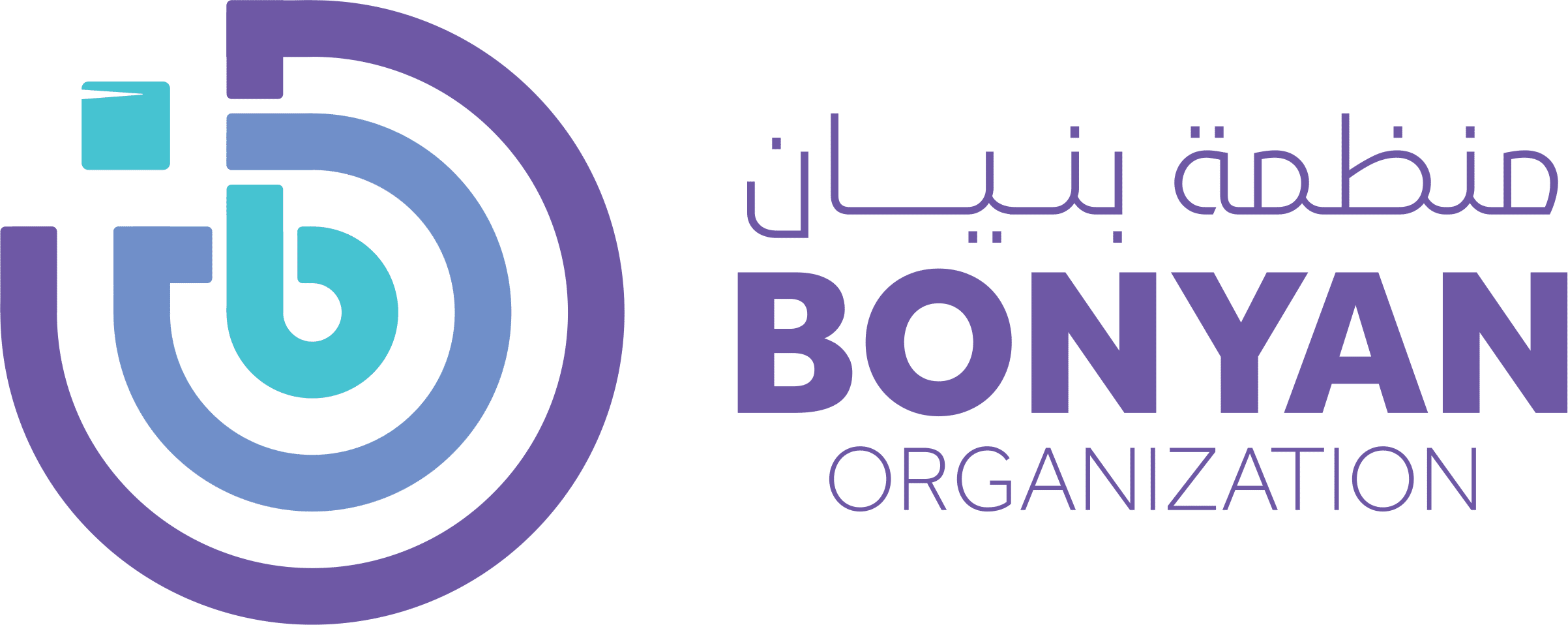Time of Qurbani / Udhiya
Udhiya means “sacrificing an animal”; it is only valid during the three days of “Dhu’l-Hijjah”, and
Allah Most High Says: “So turn in prayer towards your Lord and sacrifice (animals).” (Qur’an 108:2). During the days of Udhiya, nothing is more important to Allah than animal sacrifices.
Although Udhiya is allowed on each of the three days listed above, the first day (the 10th of Dhu’l-Hijjah) is the most preferred and desired.
Udhiya is often not permitted before Eid prayer. If Udhiya is performed in a location where Eid prayer is not held, the slaughter should begin after Eid prayer in the surrounding town/city is completed.
Meat and Skin of the Udhiya Animal
The person performing Udhiya can eat the meat or give it to whoever he wants, whether rich or poor, Muslim or non-Muslim. However, it is recommended to divide the meat into 3 parts: one for his family, one for relatives and friends, and one for the poor and needy.
The animal’s meat or skin cannot be sold or given to an employee or butcher in payment for his services. It could be given as a present. The Udhiya animal’s skin can be preserved for personal use or gifted to someone else. If the skin is sold, the money must be donated to a charity such as Sadaqah.
The meat of the following forms of sacrifices is forbidden to eat:
- Sacrifice was carried out as atonement (Kaffara) for a mistake made during Hajj.
- The sacrifice is made for a deceased person due to his bequest (Wasiyya).
- A vow-based sacrifice (Nazr).
The meat from the three sorts of sacrifices stated above must only be given to the poor and needy.
Distribution of the Meat of Udhiyah
If an animal is sacrificed on behalf of multiple people, such as a cow or a camel, the meat should be divided equally among the owners based on weight, instead of randomly or based on guesswork. Even if all partners agree on the distribution without weighing it, Shariah does not allow it. If, for some reason, actual weighing is not practicable and all partners agree to divide the meat without weighing, distribution by guess can be done under the condition that each share must comprise either a leg of the animal or a quantity of its liver.
Alternative for Udhiya
The Udhiya is obligatory worship; in Islam, you cannot change compulsory worship to another.
Like you cannot give money as a charity instead of doing your Prayer, or you cannot do Salat instead of fasting in Ramadan.
Some people think they can give money as a charity instead of doing Udhiya, which is not true; there is no alternative to Udhiya. However, if an individual cannot offer it on the three required days (10th, 11th, and 12th of Dhu’l-Hijjah), he may give the price of a ritual slaughter (Udhiya) as Sadaqah to those entitled to Zakat in that case only. However, no Sadaqa can fulfill this requirement during the days of Udhiya.
Give your Qurbani
Cutting and Clipping the Hair and Nails
From the 1st of Dhu’l-Hijjah to the 10th of Dhu’l-Hijjah, it is preferable “Mustahabb” (but not necessary) for those intending to perform Udhiya to refrain from cutting hair or clipping nails (i.e. until the days of Udhiya have passed).
Read More:
FAQs
Can We Eat Breakfast Before Qurbani?
Yes. Fasting a day before Eid ul Adha i.e. on the day of Hajj, is very virtuous.
Can We Eat Anything Before Qurbani?
The Prophet is said not to have eaten anything until he returned from prayer and then eat from his sacrifice.
What Are the Requirements for Qurbani?
– Their horns cannot be broken.-
They must have at least half their teeth.
– They cannot have lost a third or more of their ears or tails.
– They cannot be blind or have lost a third or more of their sight.
– They must be able to walk without limp or lameness.
– They must be well-fed and raised with care, not thin or lean.
Is Shaving Allowed Before Qurbani?
It is preferable “Mustahabb” for a Muslim to shave and clip nails before Qurbani.
Who is Qurbani compulsory on?
Qurbani is compulsory on every Muslim who meets the following conditions: – Is Muslim – Is of sound mind – Is above the age of puberty – Has enough wealth to cover the cost of an animal for Qurbani



